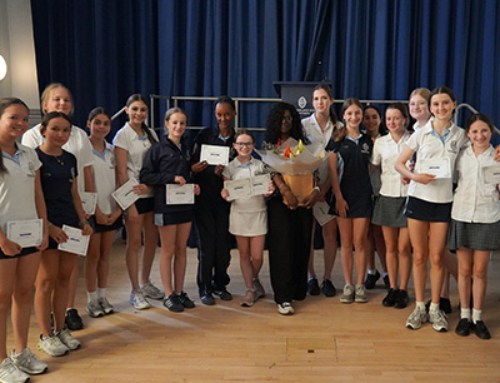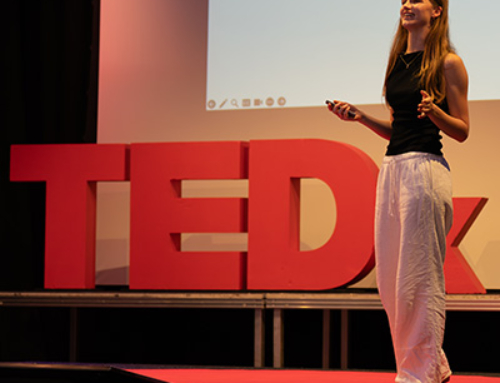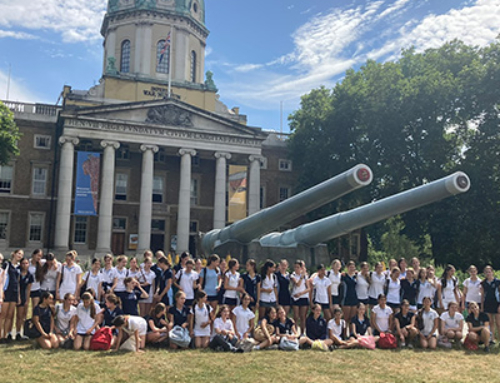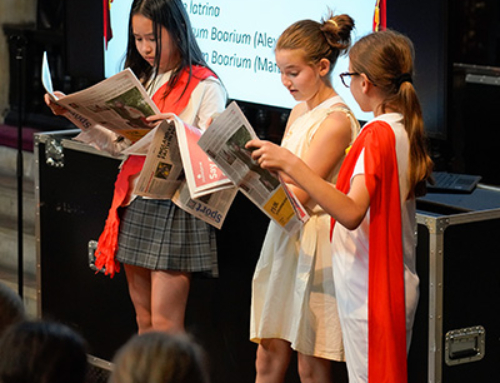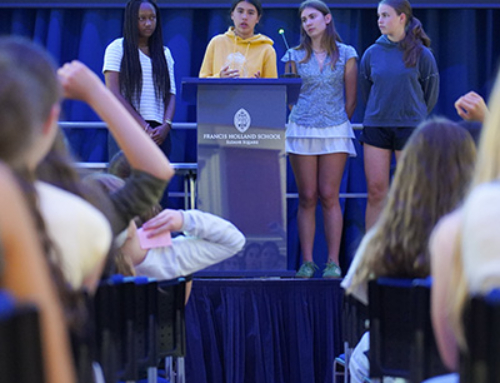‘Lest we forget’. An important phrase to remind ourselves never to forget and to honour the people who sacrificed their lives for our country and people on the 11th hour of the 11th day of the 11th month.
Remembrance does not glorify war and its symbol, the red poppy, is a sign of both remembrance and hope for a peaceful future.
Remembrance unites people of all faiths, cultures, and backgrounds, but it is also deeply personal.
As a whole school, we met in the playground for 11am and heard staff choir sing ‘For the Fallen’ by Douglas Guest. Mr McLean beautifully played ‘The Last Post’, which was closely followed by a two-minute silence. To close, brass band play ‘Nimrod’ from Elgar’s Enigma Variations.
Here are some pieces written by composers, who lived during the World Wars or were soldier themselves, who suffered from the many horrors they witnessed.
Vaughan Williams – Dona Nobis Pacem
This cantata, written in 1936, is a plea for peace in the face of the threat of impending war. It takes its text from the Mass, poems by Walt Whitman, a political speech, and sections of the Bible. The words ‘Dona nobis pacem’ (grant us peace) punctuate the piece.
Originally intended as a light-hearted counterpart to Salut d’Amour, Elgar realised his poignant music, written shortly before the start of the First World War and first performed in August 1914, was worthy of a more intense title. The word he chose, Sospiri (‘Sighs’), is wonderfully descriptive of the expansive violin music, accompanied by flowing harp.
Gurney enlisted as a soldier in the Gloucestershire Regiment in 1915, but suffered a breakdown in March 1918, apparently as a result of shell shock. He wrote this song before he was declared insane in 1922, and spent the last 15 years of his life in mental hospitals.



